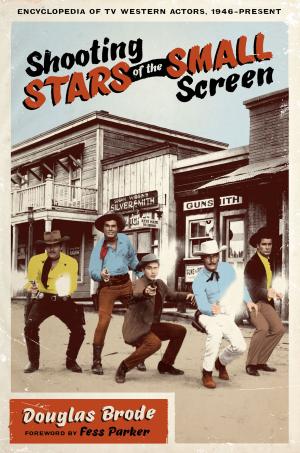| Author: | Robert W. Lewis | ISBN: | 9781477301036 |
| Publisher: | University of Texas Press | Publication: | August 4, 2014 |
| Imprint: | University of Texas Press | Language: | English |
| Author: | Robert W. Lewis |
| ISBN: | 9781477301036 |
| Publisher: | University of Texas Press |
| Publication: | August 4, 2014 |
| Imprint: | University of Texas Press |
| Language: | English |
Love was a central theme of Ernest Hemingway’s major works. And although his passages on sexual love and on romantic love may be widely remembered and frequently quoted, says Robert W. Lewis in this scholarly and detailed consideration, Hemingway’s later work revealed his ultimate belief that brotherly love was the supreme love of mankind. Eros, Hemingway concluded, was a neutral value, neither good nor bad in itself, but yet capable of complementing agape in giving man pleasure. By examining the forms and essences of the various kinds of love, Hemingway worked out an explanation and tentative solution to the troubles of the human condition. The tradition of romantic love that had prevailed in Western literature had challenged sexual love and brotherly love and had been confused with them since the Middle Ages. Hemingway’s early work was destructive of romantic love, says Lewis; the work of his middle career was crucial in his exploration for the supreme love and the means to whatever peace and happiness man may achieve. By the time he wrote The Old Man and the Sea, his ethic was formulated and he could write conclusively of the trial and lesson of love in Western civilization in a way that reflected his discovery that true love must be a reciprocal blend of eros and agape between man and woman, man and man, and man and his world.
Love was a central theme of Ernest Hemingway’s major works. And although his passages on sexual love and on romantic love may be widely remembered and frequently quoted, says Robert W. Lewis in this scholarly and detailed consideration, Hemingway’s later work revealed his ultimate belief that brotherly love was the supreme love of mankind. Eros, Hemingway concluded, was a neutral value, neither good nor bad in itself, but yet capable of complementing agape in giving man pleasure. By examining the forms and essences of the various kinds of love, Hemingway worked out an explanation and tentative solution to the troubles of the human condition. The tradition of romantic love that had prevailed in Western literature had challenged sexual love and brotherly love and had been confused with them since the Middle Ages. Hemingway’s early work was destructive of romantic love, says Lewis; the work of his middle career was crucial in his exploration for the supreme love and the means to whatever peace and happiness man may achieve. By the time he wrote The Old Man and the Sea, his ethic was formulated and he could write conclusively of the trial and lesson of love in Western civilization in a way that reflected his discovery that true love must be a reciprocal blend of eros and agape between man and woman, man and man, and man and his world.















